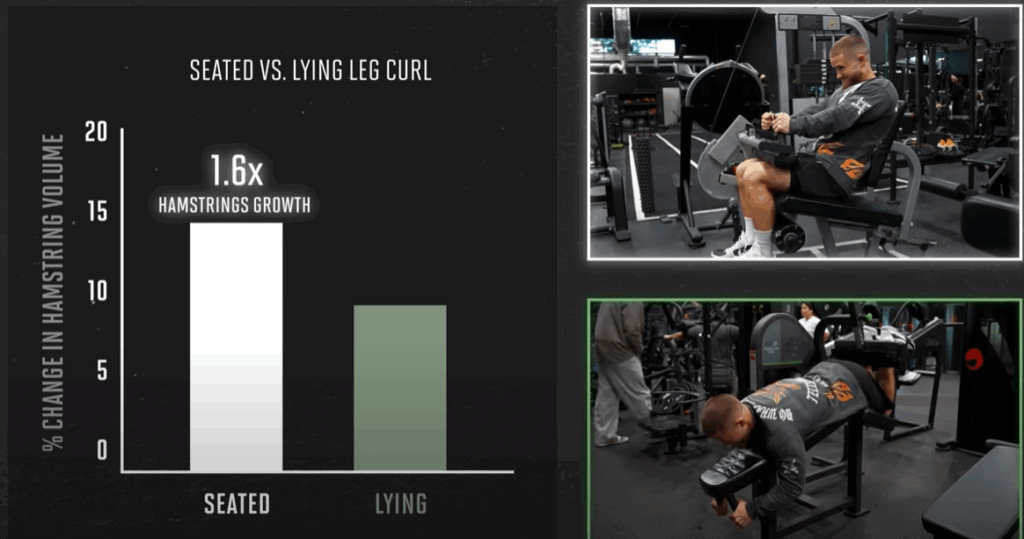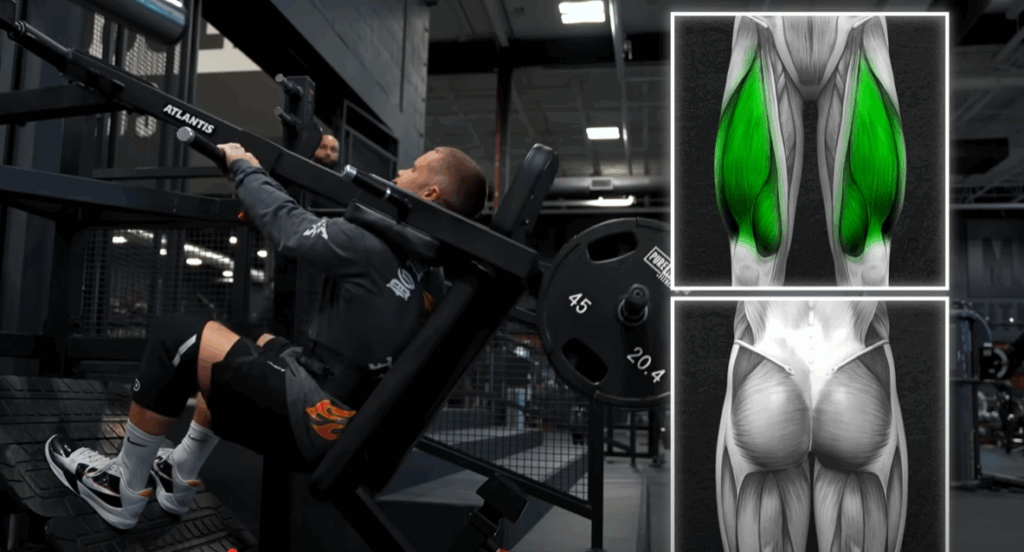Optimized Leg Day Routine: A Science-Based Guide to Lower Body Growth
When it comes to building impressive legs, consistency and smart programming go a long way. Over the course of a year, I followed a structured lower body workout routine that emphasized muscular balance, injury prevention, and progressive overload. This guide details the refined techniques and evidence-backed strategies that transformed my legs—enhancing not just aesthetics but also joint health and functional strength.

Warm-Up Activation: Lying Leg Curls First
Starting your leg day with lying leg curls might seem unconventional, but it’s a strategy that pays off—especially for knee comfort during heavy squats. Prioritizing hamstring activation helps warm up soft tissue structures and stimulates the posterior chain. This pre-activation leads to smoother knee tracking and stronger performance in compound lifts.
While some studies suggest that seated leg curls promote greater hamstring growth due to increased stretch under load, alternating between lying and seated versions throughout the week ensures comprehensive development. Notably, the lying variation engages the sartorius muscle more effectively—a key contributor to well-defined quad lines, particularly visible during physique poses.
Technique Tip: Lengthened Partials
Incorporating lengthened partials at the end of your sets extends time under tension when the muscle is still strong. Focus on maintaining contact between your hips and the pad to avoid recruiting your lower back and glutes. Stability ensures the resistance targets your hamstrings, maximizing the training effect.
Quad Dominance: Pendulum Squats for Progressive Overload

Next comes the pendulum squat, a powerhouse movement for quad hypertrophy. Its arc-like motion and demanding resistance at the bottom range make it superior for quad isolation. While not every gym has this equipment, barbell back squats, Smith machine squats, and hack squats are effective alternatives.
Key Adjustments by Equipment:
- Barbell Squat: High-bar position and upright torso for greater quad involvement.
- Smith Machine: Feet under hips, knees tracking forward.
- Hack Squat: Back placement and deep range for quad bias.
Avoid pushing every set to failure. Instead, reserve your all-out effort for the final set, allowing for better performance consistency and overall workload management. Remember, depth is crucial. Shallow reps reduce quad engagement, so use video feedback to evaluate and improve your range.
Posterior Chain Builder: Romanian Deadlifts (RDLs)
To complement leg curls, Romanian deadlifts target hip extension—the second key hamstring function. This exercise also brings the glutes into play, promoting posterior chain symmetry.
RDL Form Essentials:
- Initiate the movement by driving your hips back, not downward.
- Keep a soft knee bend without letting the knees travel forward.
- Maintain a neutral spine and a close bar path centered over your midfoot.
Overreaching or excessive rounding compromises spinal integrity and diminishes hamstring activation. A slight reduction in depth with perfect form yields better results than chasing range at the expense of posture.
Isolated Quad Finisher: Leg Extensions

As a single-joint movement, leg extensions shine at targeting the rectus femoris, one of the quadriceps heads that’s often under-stimulated during compound lifts. A deep, controlled contraction here can spark new growth.
Set the seat angle to recline as far back as possible. Recent findings suggest that this extended hip angle increases quad engagement significantly compared to a more upright position. For added intensity and joint safety, slow down the eccentric phase (about 3 seconds) and use straps or belt extenders to maintain stability throughout the set.
Glute Medius Isolation: Hip Abductions with Extended Hips
The hip abduction machine isn’t just for aesthetics—it’s essential for glute medius development, which stabilizes your pelvis and improves athletic performance. Instead of leaning forward, performing abductions with hips extended (i.e., seated upright or in a bridged position) better targets the upper glute fibers.
Challenge the load. Intermediate and advanced trainees often undertrain here. Use gym pins or resistance bands to increase load and intensity. The goal should be total glute burnout by the final rep, not just a casual pump.
Calves: The Often-Neglected Finisher
Your leg training isn’t complete without calves. Straight-leg calf raises, like standing or machine-based options, target the gastrocnemius—the visible bulk of the lower leg.
Focus on the stretch. The deep stretched position of the calf raise has been shown to be more effective for hypertrophy. Finish your last set with a 20–30 second loaded stretch to stimulate growth further. Avoid short, bouncy reps and aim for a full range of motion.
Conclusion: Strategic Programming Wins
Building strong, well-balanced legs isn’t about chasing soreness or doing endless sets—it’s about applying the right principles, consistently. Integrating varied movement patterns, controlled intensity, and biomechanical awareness allows each muscle group to grow in harmony.
If you’re looking to take your training to the next level, consider pairing this routine with individualized nutrition strategies or consulting a professional to fine-tune your plan. For more guides on smart strength training, explore related articles or get in touch for a personalized consultation tailored to your physique goals.



